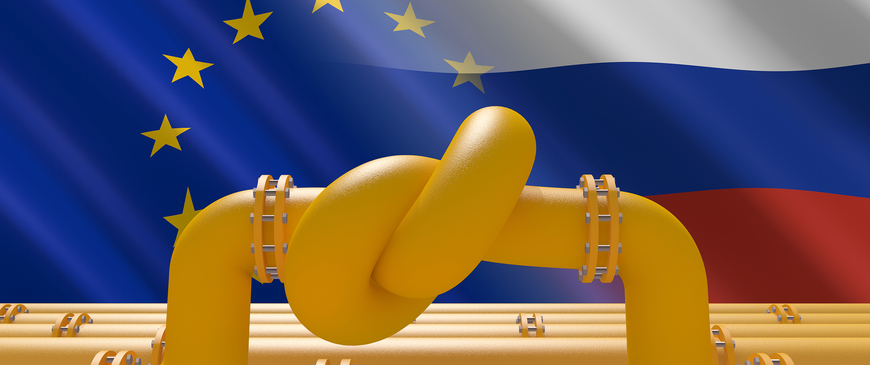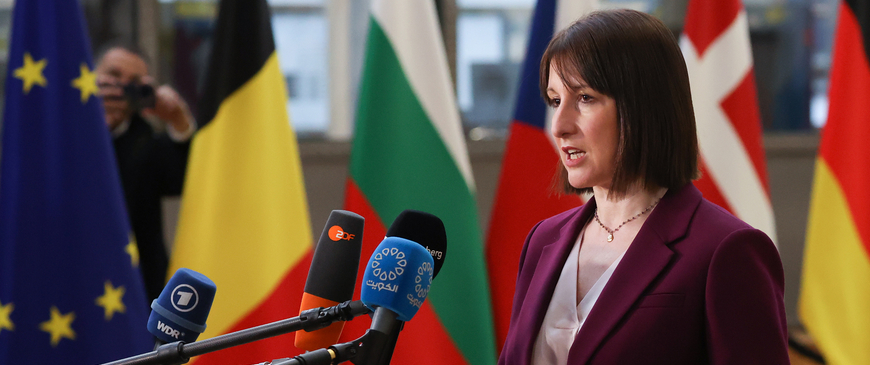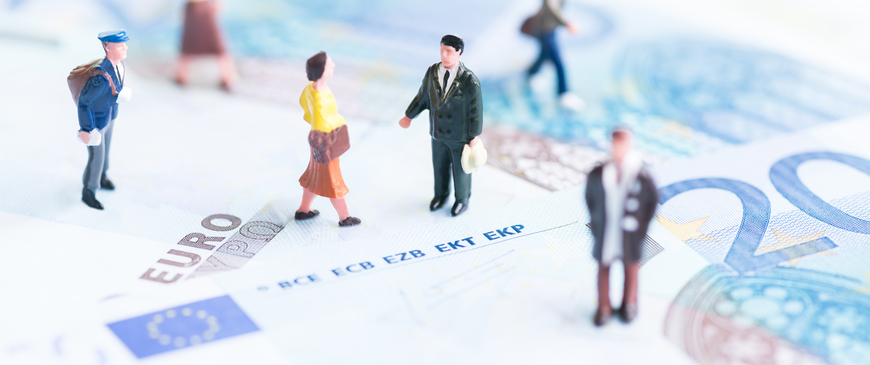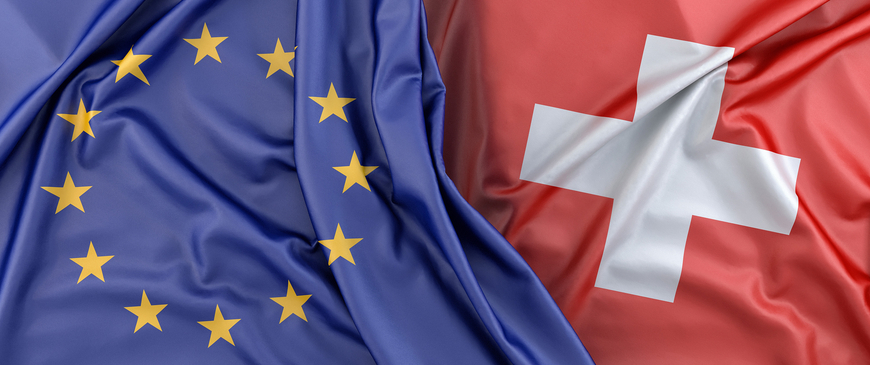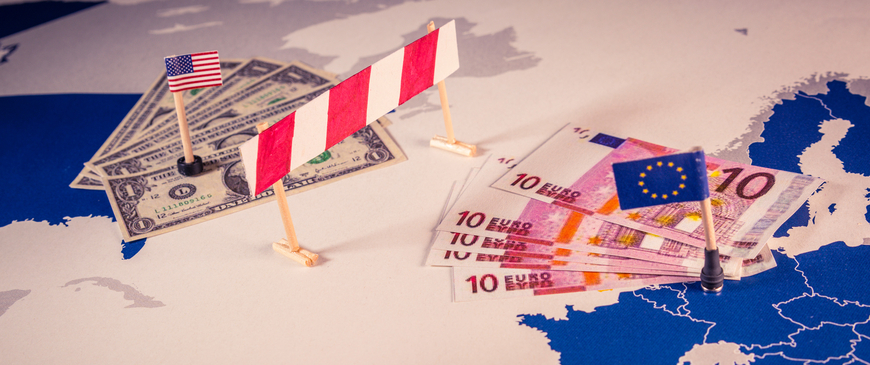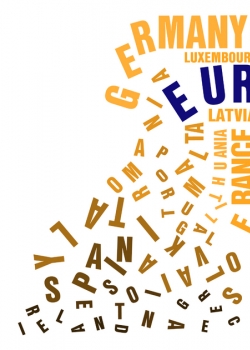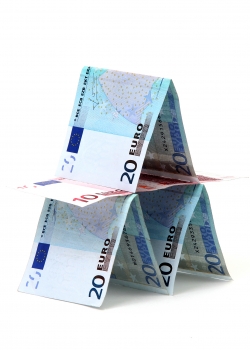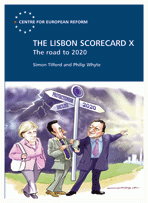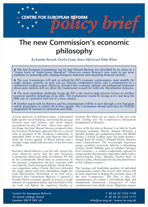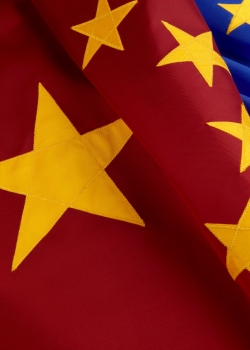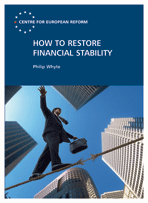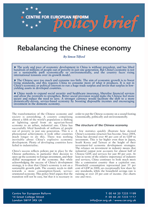Single market, competition & trade
Closing the gap between rhetoric and reality is key to the euro's survival
10 May 2010
Europe faces a critical choice between greater integration and disintegration. The gap between the rhetoric of a united and integrated Europe and the reality of national interests and politics has always dogged Europe.
The dangers of a disgruntled Germany
07 May 2010
Germany has finally agreed to help bail out Greece. The negotiations were acrimonious and took months. Angela Merkel’s hesitation and prevarication have increased the cost of the bail-out and unsettled financial markets.
Turning Japanese?
30 April 2010
Japan has long had the highest level of public debt of any developed economy. The country’s public debt to GDP ratio is around 200 per cent of GDP, far in excess of even the EU’s worst performers.
Whatever happened to the G20?
14 April 2010
George W Bush convened the first G20 summit in Washington in November 2008, at the height of the global financial and economic crisis. At two further summits in 2009, G20 leaders pledged to co-ordinate their economic stimulus packages (as well as exit strategies), avoid protectionism, address global imbalances, triple the resources of the IMF, and work out stricter rules for banks, hedge funds and other financial players.
There can be no eurozone stability without economic growth
01 April 2010
The German government believes that tougher fiscal rules are the solution to current strains in the eurozone. No doubt such rules are necessary. But they are not enough.
Issue 71 - 2010
26 March 2010
- There can be no eurozone stability without economic growth, Simon Tilford
- Should Britain leave EU police and justice policy?, Hugo Brady
- The EU must deliver on its commitment to Pakistan, Clara Marina O'Donnell
Why Christine Lagarde is right about Germany
26 March 2010
Greece’s recent fiscal travails have, slightly unexpectedly, thrown the spotlight on Germany’s current-account surplus. In mid-March, France’s finance minister, Christine Lagarde, urged Germany to do more to boost domestic demand – a call echoed by the European Commission’s president, José Manuel Barroso.
The Lisbon scorecard X: The road to 2020
15 March 2010
The EU's Lisbon agenda has failed to deliver what it promised. Although most member-states have made some progress towards the targets they set themselves in 2000, their commitment to reform has been half-hearted.
It’s the economics, stupid
26 February 2010
There was always a risk that a one-size-fits-all monetary policy would lead to big divergences in inflation and competitiveness across the eurozone. This, in turn, would result in trade imbalances which would be difficult to reverse.
How to build an EU energy market
18 February 2010
Unbundling the supply of energy from its transport, moving Europe towards a low-carbon energy system, and getting the Nabucco pipeline built – these were the priorities of the last energy commissioner, Andris Piebalgs. His successor, Günther Oettinger, will write his own to-do list. The EU now has a dedicated climate change commissioner, Connie Hedegard, with whom Oettinger will have to work closely.
The new Commission's economic philosophy
08 February 2010
The broad orientation of the Commission's economic policy is unlikely to change. It will continue to defend the single market, free trade and a tough competition policy.
Why education should be at the heart of EU2020
01 February 2010
At their summit in March, EU heads of state and government must decide what should succeed the Lisbon agenda – the ambitious programme of supply-side reforms that was launched in 2000.
Issue 70 - 2010
29 January 2010
- How should Europe respond to China's strident rise?, Charles Grant
- Why education should be at the heart of EU2020, Philip Whyte
- Does the EU need a public prosecutor?, Hugo Brady
How to restore financial stability
12 January 2010
In 2008, the global financial system came close to collapse. Ever since, policy-makers have been busy overhauling the way it is regulated and supervised. Will this flurry of activity produce a more stable financial system – and if it does, at what cost?
Sharing the burden of a weaker dollar
01 December 2009
The eurozone has suffered a deep recession – bigger than the US and about as bad as that in the UK. Public finances across the eurozone have worsened dramatically, and in some cases now look perilous.
Issue 69 - 2009
27 November 2009
- An open letter to David Cameron, Charles Grant
- Sharing the burden of a weaker dollar, Simon Tilford
- Ukraine and the EU: A vicious circle?, Tomas Valasek
What Eastern Europe can learn from the crisis
11 November 2009
It is 20 years since the Berlin Wall crumbled and political and economic freedom started spreading through Eastern Europe. Today, however, the region is mired in deep recession.
Rebalancing the Chinese economy
02 November 2009
China's economy and society are undergoing an extraordinary transformation, with hundreds of millions of people escaping poverty in record time. But the country's development model is not sustainable economically or politically.
Greece: Nowhere to hide
08 October 2009
The Greek economy is on a very dangerous course. Unless the government takes steps to boost productivity and strengthen public finances, Greece faces a bleak future.
Europe's imbalanced response to the financial crisis
01 October 2009
Since last year, politicians and regulators across the G20 have been hard at work trying to place the international financial system on a more stable long-term footing. Many critics believe they are not doing enough.

